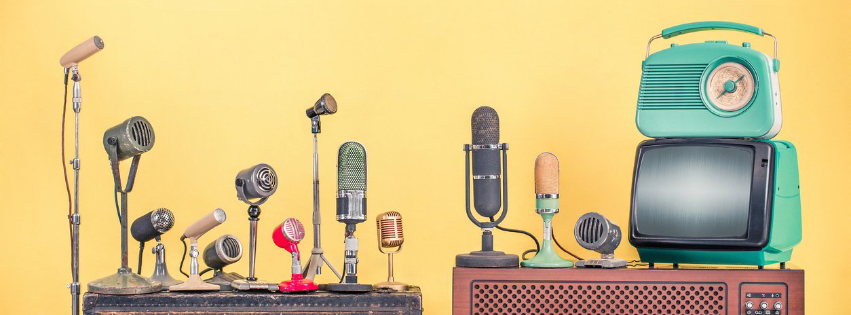Getting Naked
Hannah • 15 October 2020
What does Authentic really mean?
In an age that demands a redefinition of ‘normal’, do we also need to redefine what it means to be ‘professional’?
Maybe to answer this question we must first acknowledge what our current connotations of the term ‘professionalism’ are. Suited and booted? Reliable? Articulate? Unemotional? The list could go on I’m sure - and would undoubtedly be somewhat different for every individual we asked.
As offices are swapped for home studios, face to face meetings for online web-calls and synthetic shop bought sandwiches for self ‘starter’-ed sourdough, we also need to redefine what we understand the term ‘professionalism’ to encompass.
Let’s start by exploring a new current buzzword: authenticity. Authenticity is at the heart of every successful communication, especially online. We are now required, by necessity, to bring more of our true selves to online meetings in order to try and mitigate the horribly dehumanising nature of the screen.
True to form, corporate speak has recently stolen this term and made it the buzz word of the moment - and in so doing, its fundamental integrity has been compromised. We no longer trust the authenticity of the word ‘authentic’. To fully engage and achieve meaningful, impactful human connection, authenticity must be more than merely a buzzword, thrown around with apparent ease.
Instead, authenticity must be clearly and uncompromisingly demonstrated through our actions, our tone of voice, our entire presentation of ourselves. It is not enough merely to demonstrate an intention to be authentic through the language that we choose. It must instead be our genuine intention to engage openly and collaboratively, using the most vulnerable part of ourselves that we can muster the courage to share.
So what do we really mean then by the word authentic? And, more importantly, what is its function within our new sense of what it means to be professional?
To me, if we were to strip it back to its most raw, naked form, it means presenting your truest, most honest self. No performance, no mask, no armour. But there is a contradiction here that needs acknowledging. Because of course society does require us to wear masks - quite literally in these current Covid times, but also socially, from our earliest days of infancy.
We are moulded from very early childhood to socially conform. We learn quickly who it is - and isn’t - appropriate to have a tantrum in front of. And this lesson lasts all the way to adulthood - it’s in our bones. So by being ‘authentic’, by being our true selves, does this mean we allow others to see when we are completely overwhelmed by emotion, just as we would have done in infancy? Well no, clearly not - I doubt any framing of the word professionalism would encompass such high levels of emotional freedom. But there is a new level of intimacy to our professional communication that wasn’t deemed acceptable or necessary before.
Society will always tell us how far it is appropriate to go, and of course this will differ from one culture to another, but if we can begin to open ourselves up enough for others to see in, allow them a window into what makes us vulnerable, then I believe this is true authenticity. And it is powerfully effective.
In practical terms, what does this really mean or look like online? Unsurprisingly it’s many things; a softening of the physical image we present, the language we choose and the tone with which we speak it, the use of a genuine rather than a virtual background.
So whether its the banjo hanging on the wall behind you, or the ‘make it at home’ mojito mix adorning your new lockdown DIY bar, show me; it’s authentic. Not buzz word, lip service authentic, but disarmingly and charmingly authentic. It’s an insight into who you truly are. And you know what? If it’s offered with generosity and genuine authenticity, then that - quite simply - is enough.
